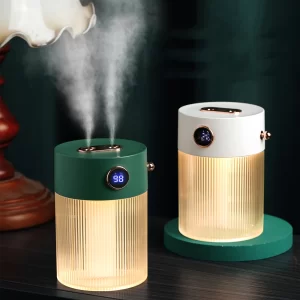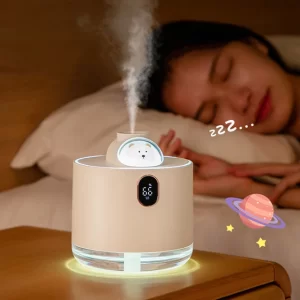Is humidifier good for lungs?
Introduction
Humidifiers are commonly used to add moisture to the air, potentially benefiting respiratory health and overall well-being. However, the question arises: Is a humidifier good for the lungs? In this guide, we will explore the potential benefits of using a humidifier for lung health. We will delve into how humidifiers work, the specific advantages they offer, and considerations to keep in mind when using these devices.
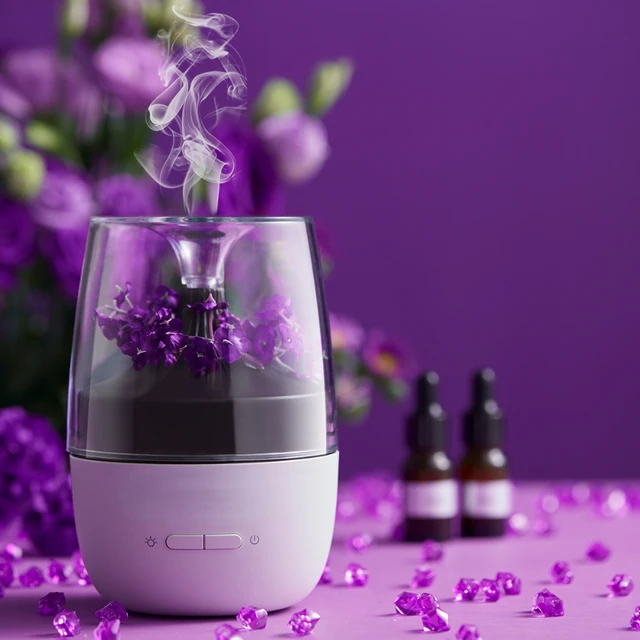
Is humidifier good for lungs?
I. Understanding Humidifiers
-
Humidifier Function:
- Humidifiers are devices designed to increase the moisture content in the air by emitting water vapor or steam. They help combat dryness, particularly in environments with low humidity levels or during dry seasons.
-
Types of Humidifiers:
- Humidifiers come in various types, including cool mist, warm mist, and ultrasonic models. Each type operates differently, but the end goal is to increase humidity levels in the air.
II. Functioning of the Respiratory System
-
Importance of Proper Moisture Levels:
- The respiratory system relies on a delicate balance of moisture to function optimally. Dry air can cause a range of respiratory issues, including dry nasal passages, irritated lungs, and increased susceptibility to respiratory infections.
-
Natural Humidification Process:
- The respiratory system naturally humidifies the air as it passes through the nose and throat. The nasal passages produce mucus, which helps trap debris and moisturizes the air before it reaches the lungs. However, external factors such as dry environments can disrupt this process.
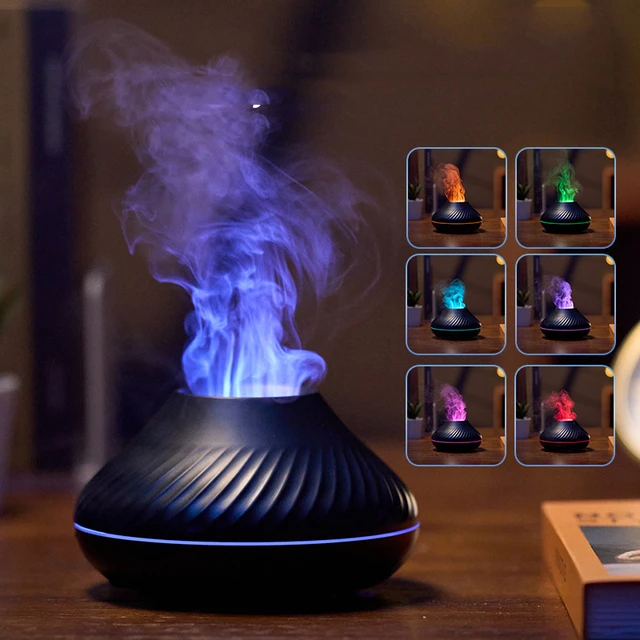
III. Benefits of Humidifiers for Lung Health
-
Relieving Respiratory Symptoms:
- Humidifiers add moisture to the air, which can help alleviate respiratory symptoms caused by dryness. Increased humidity can soothe dry nasal passages, reduce nasal congestion, and relieve throat irritation, making breathing more comfortable.
-
Loosening Mucus:
- Dry air can lead to thicker mucus, causing congestion and making it more difficult to expel. By increasing humidity levels, humidifiers can help thin and loosen mucus, facilitating easier expectoration and alleviating breathing difficulties.
-
Relieving Dry Cough:
- Dry air can irritate the airways and trigger a persistent dry cough. Using a humidifier can help hydrate the air, minimizing throat irritation and reducing the frequency and severity of a dry cough.
-
Promoting Overall Respiratory Comfort:
- Optimal humidity levels can create a more comfortable and soothing environment for the respiratory system. Breathing moist air can help reduce dryness and irritation, improving overall lung comfort.
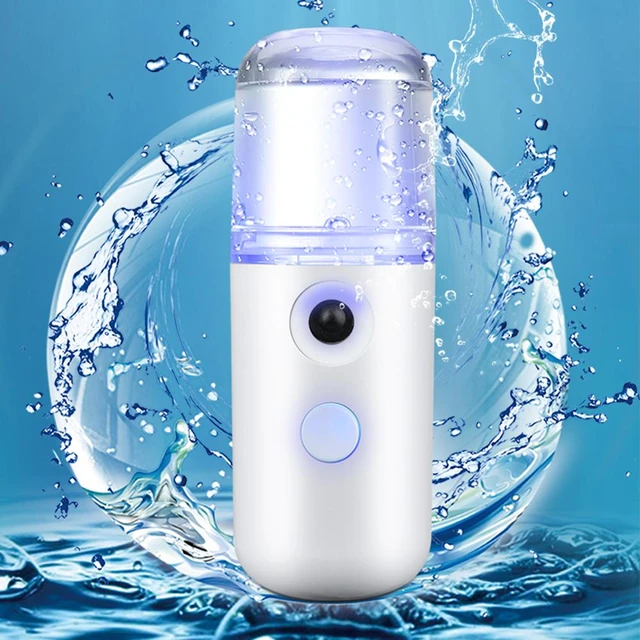
IV. Considerations for Using a Humidifier
-
Maintenance and Cleaning:
- Humidifiers require regular cleaning and maintenance to prevent the buildup of mold, bacteria, and other pathogens. It is important to follow the manufacturer’s instructions and clean or replace filters as recommended to ensure a clean and safe humidification process.
-
Maintaining Proper Humidity Levels:
- While increased humidity can be beneficial, excessive humidity levels can promote the growth of mold and other allergens. It is important to maintain humidity levels between 30% and 50% to prevent these issues. Using a hygrometer can help monitor and maintain appropriate humidity levels.
-
Avoid Over-Humidification:
- Over-humidifying a room can promote excessive moisture and create a breeding ground for mold and bacteria. It is crucial to strike a balance and avoid excessive humidity that may lead to other respiratory issues. Regularly monitor humidity levels and adjust the humidifier settings accordingly.
V. Choosing the Right Humidifier
-
Room Size and Coverage:
- Consider the size of the room and the coverage area when selecting a humidifier. Different models have varying capacities, and choosing one that suits the room size ensures efficient humidification.
-
Type of Humidifier:
- Each type of humidifier offers unique benefits. Cool mist humidifiers are generally safer for use around children, while warm mist or steam humidifiers can provide additional relief for respiratory symptoms. Consider your specific needs and preferences when selecting a type.
-
Noise Level:
- Some humidifiers may produce noise during operation, which can be bothersome, particularly in bedrooms or quiet spaces. If noise is a concern, consider models with quiet operation or adjustable settings to minimize any disruption.
VI. Consulting a Healthcare Professional
-
Individual Health Considerations:
- It is important to consult with a healthcare professional if you have specific respiratory conditions or underlying health concerns. They can provide personalized recommendations on using a humidifier and advise on any potential risks or benefits.
-
Allergies, Asthma, and Respiratory Conditions:
- Individuals with allergies, asthma, or respiratory conditions should consult their healthcare providers regarding the use of humidifiers. While humidifiers can provide relief, some individuals may be sensitive to increased humidity or specific allergens in the air.
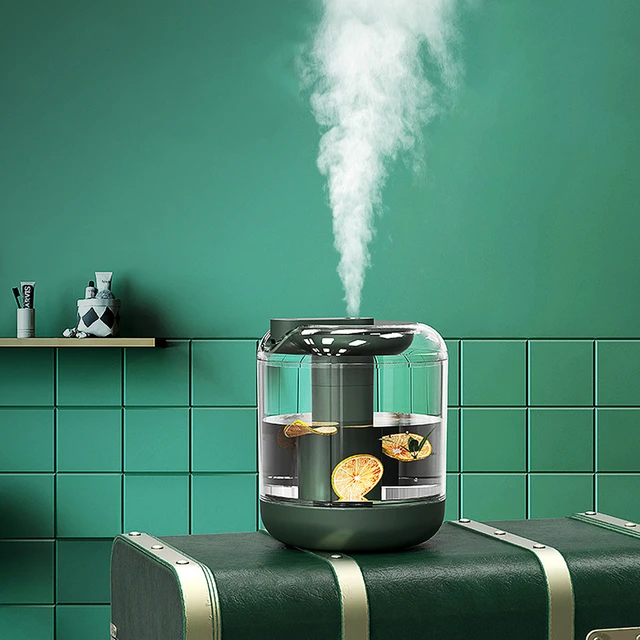
VIII. Additional Tips for Respiratory Health
-
Proper Hydration:
- In addition to using a humidifier, ensuring proper hydration is crucial for maintaining respiratory health. Drinking an adequate amount of water helps keep the respiratory system hydrated from the inside out, supporting the natural humidification process.
-
Indoor Air Quality:
- Alongside using a humidifier, it is important to consider other factors that contribute to indoor air quality. These include minimizing exposure to pollutants, such as smoke, dust, and allergens, and ensuring proper ventilation. Keeping a clean and well-ventilated living space can further enhance respiratory health.
-
Regular Cleaning of Humidifiers:
- Regularly cleaning and maintaining humidifiers is vital to prevent the growth of mold, bacteria, and other harmful microorganisms. Follow the manufacturer’s instructions and guidelines for cleaning the unit, changing filters, and disinfecting components. This ensures that the humidifier operates safely and effectively.
-
Best Practices for Humidifier Use:
- To make the most of your humidifier for respiratory health, consider the following best practices:
- Position the humidifier away from walls or furniture to allow proper air circulation.
- Use distilled or demineralized water to avoid mineral buildup in the device and prevent releasing minerals into the air.
- Adjust the humidity level according to your comfort and the recommended range.
- Consider using a humidity monitor (hygrometer) to keep track of humidity levels and ensure they remain within the optimal range.
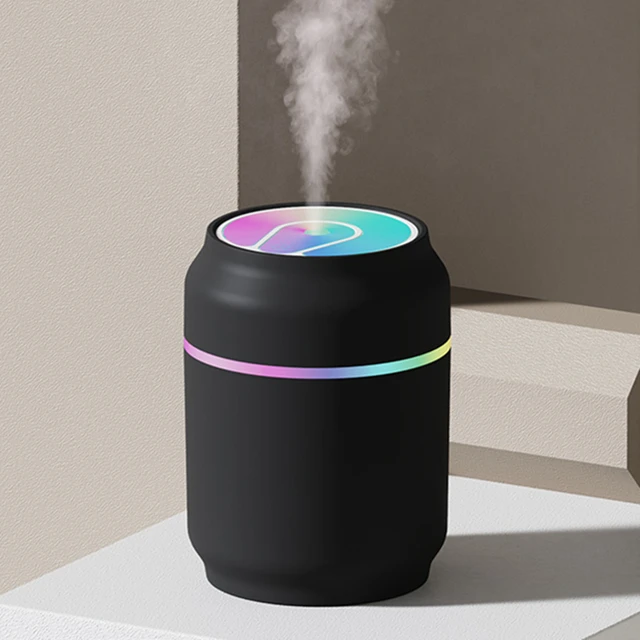
VII. Conclusion
Humidifiers can offer significant benefits for lung health by increasing moisture levels in the air and relieving respiratory symptoms caused by dryness. They can help reduce nasal congestion, soothe dry nasal passages, and alleviate throat irritation. However, it is important to use humidifiers responsibly and maintain appropriate humidity levels to avoid potential risks.
Considerations such as proper maintenance, regular cleaning, and monitoring humidity levels are essential when using a humidifier. By choosing the right humidifier for your needs, following necessary precautions, and consulting with healthcare professionals if necessary, you can harness the potential benefits of humidifiers and create a more comfortable and lung-friendly environment.
